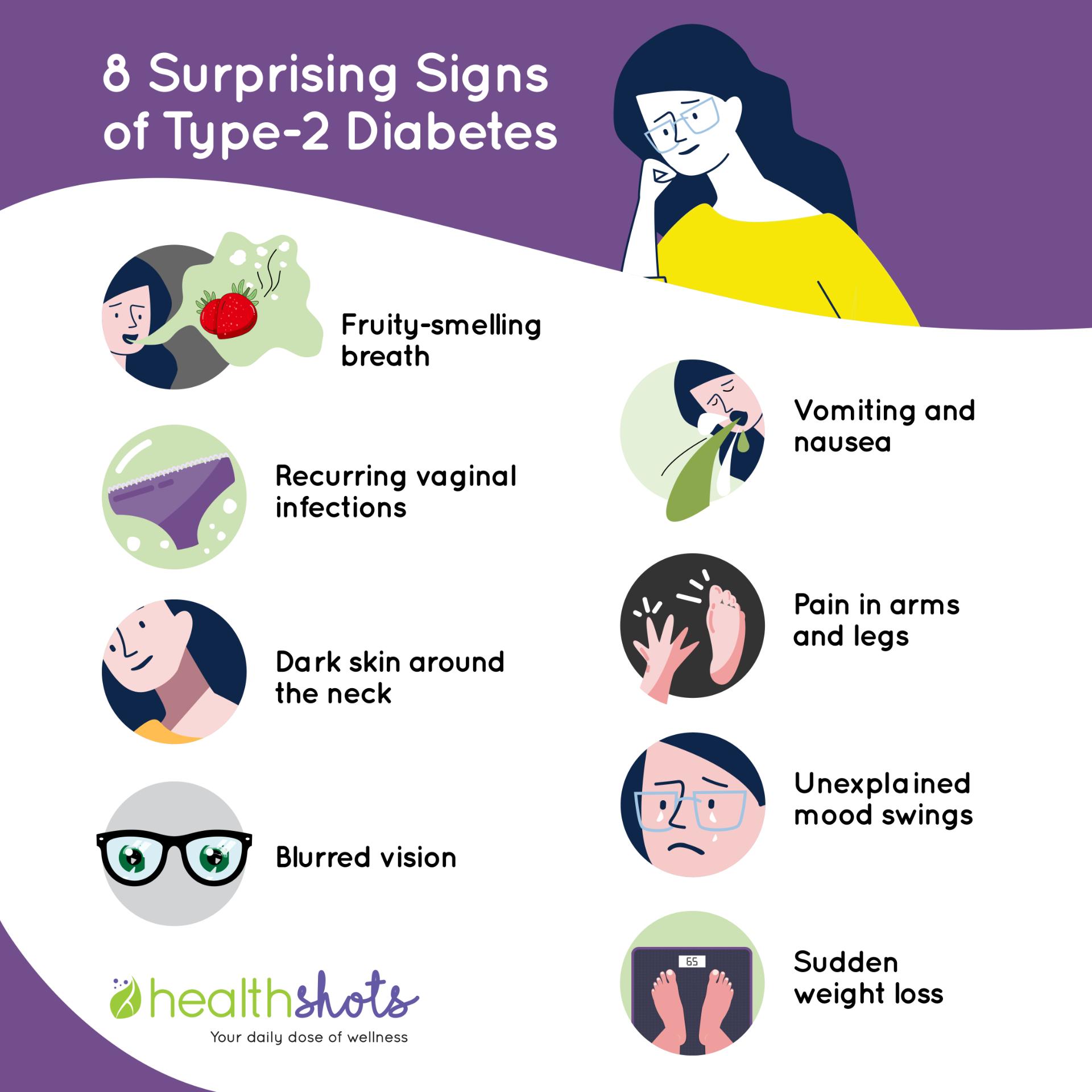
Did you know that having diabetes makes you more likely to have bone fractures? Well, a study found that people with diabetes have an increased risk of hip and non-vertebral fractures.
Impact of diabetes on bone health
A research paper published in the journal Bone found that although people with type 1 and type 2 diabetes tend to have poor bone health, those with type 1 diabetes are at greater risk.
In people with type 2 diabetes, it is the constant use of insulin and the length of time an individual has lived with the diseases that increase their risk of getting bone fractures.
Lead researcher Dr Tatiane Vilaca, from the University of Sheffield, says: “We need to raise awareness about the greater risk people with diabetes face to help them to prevent fractures. For example, preventing falls can reduce the risk of fracture.”

Dr Vilaca further highlighted the health risks attached to diabetes. She shared, “Diabetes can cause a number of well-known complications including kidney problems, loss of eyesight, problems with your feet, and nerve damage.” Adding the possibility of having fractures, surely makes it a point of great concern.
Our parents or grandparents suffering from diabetes are at a high risk
While fractures are treatable, they can be very serious especially in older people. This makes taking better care of our older family members with diabetes of utmost importance.
The study found that around 76,000 people in the UK suffer from a hip fracture every year. Sadly, 20% of the people suffering from severe fractures lose their lives within a year. Others don’t fully regain their mobility, while many experience a loss of independence.
How can this study help?
“This important research highlights the urgent need for doctors to evaluate the risk of fracture for patients with diabetes and also to look at potential treatments which may help to reduce that risk,” says researcher Richard Eastell.

While this study can help raise awareness about the greater risk of fractures for people with diabetes, strategic preventative care is the need of the hour. Doctors must routinely assess bone density and bone strength other than checking diabetes’ other well-known complications.
Select Topics of your interest and let us customize your feed.
PERSONALISE NOWIf you or a family member, especially if s/he is older than 60 years, suffers from diabetes-you must get routine preventative checks done diligently.
(With inputs from IANS)
Get Latest Updates on Health News